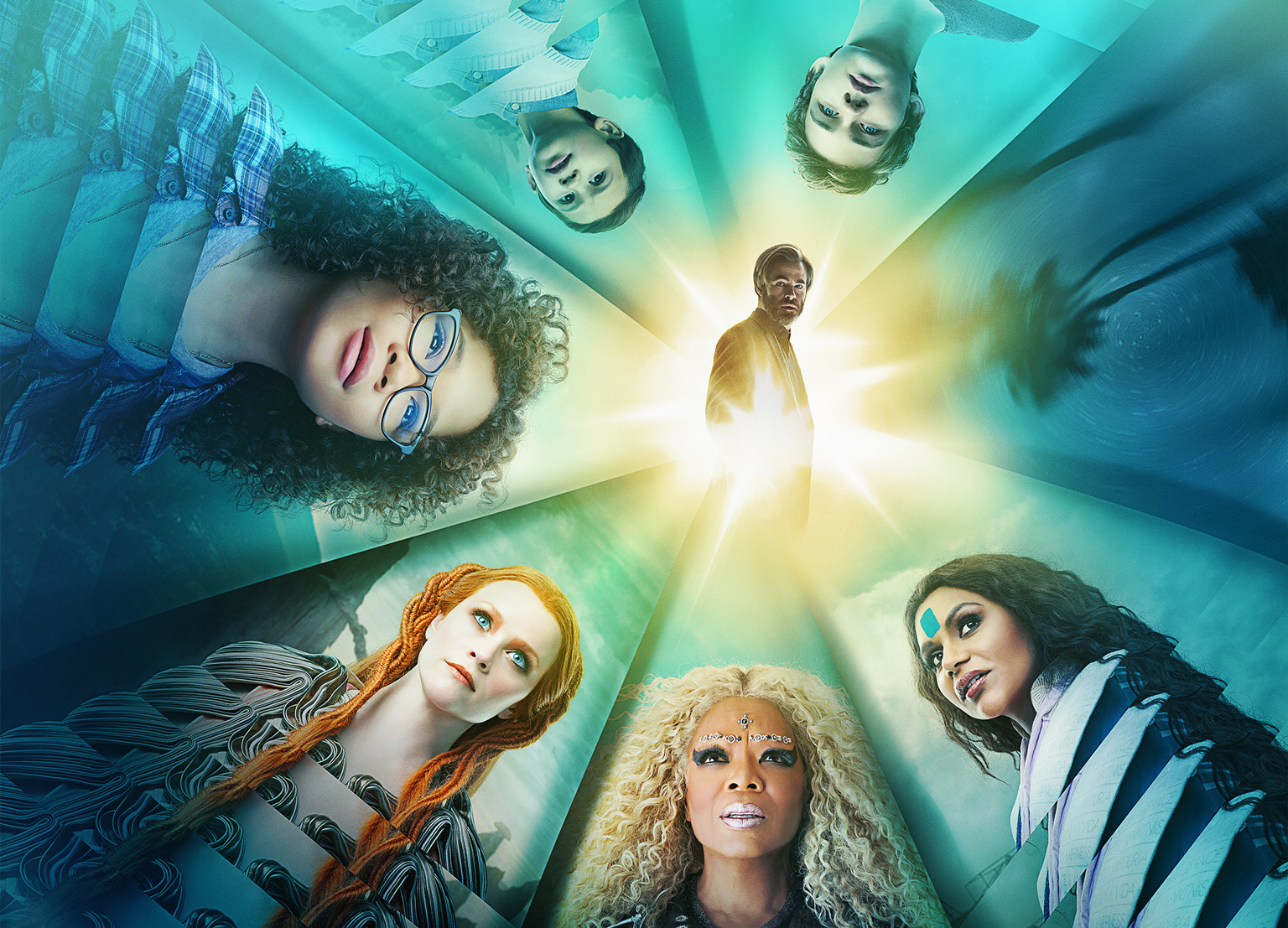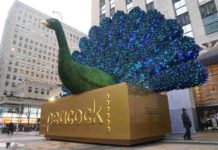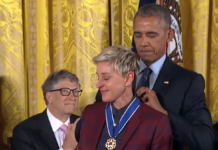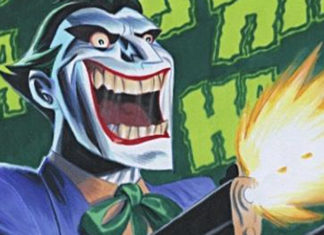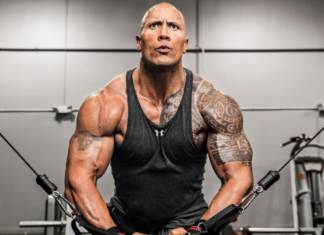The Hype Is Strong With This One
Based on the novel of the same name by Madeleine L’Engle, A Wrinkle in Time is a cause célèbre in the entertainment press. But is the desire to associate the movie with the cultural significance of Black Panther going to translate into a similar box office? I kind of doubt it.
The strenuous effort to make A Wrinkle in Time a touchstone for social justice and the #MeToo movement in 2018 doesn’t appear likely to guarantee box office largess. Some of this may just be the focus of the entertainment press, which tends to be socially liberal, excited by a film with an African-American female directing and a diverse and inclusive cast. Some of it may be the director herself, Ava DuVernay, who requested the first public screening of A Wrinkle in Time be held in her hometown of Compton, California
Last week, it was announced that through a special partnership with AMC and Color of Change, AMC theaters around the country would be offering free matinee screenings to underprivileged school children around the country.
Which is great, and an awesome thing for her, and Disney and AMC theaters, to do. It’s evidence that Hollywood can, when pushed, do things for underserved communities. Yet it also suggests the movie is being positioned more as a Moment of Cultural Significance and less like a blockbuster sci-fi film based on a classic novel read all over the world.

I also don’t think it’s a coincidence this stuff is being packaged and Tweeted out and provided as press releases to the media. The producers and director are, quite reasonably, hoping to take advantage of this cultural moment to pump the box office.
The questions are:
(A) Will it work?
(B) Does it work in the context of this film?
(C) When does enough become too much?
(A) Will it Work?
It is my personal opinion that Hollywood is notorious for taking the wrong lessons from both box office successes and box office failures. In the case of Black Panther, I think the lesson taken was that a theme of social justice and inclusivity amped up and hammered non-stop will double the box-office of your film. That perhaps such things are as important as the writing and direction and traditional marketing of a film.
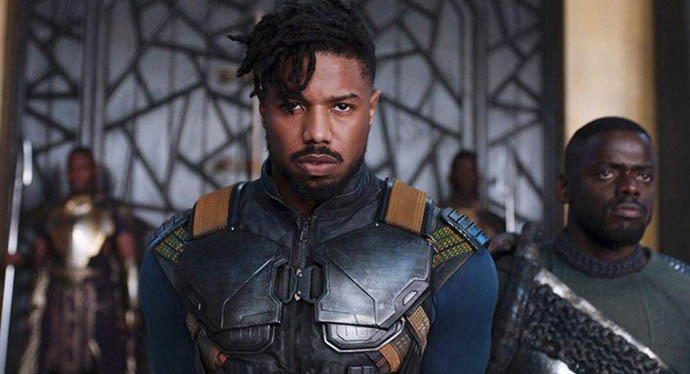
I think this is probably the wrong lesson. Black Panther was a strong movie and buzz was building early. It was a Marvel film, featuring a dynamic superhero with a charismatic villain. The trailers looked exciting. Black Panther’s first appearance in Captain America: Civil War was very well-received. Plus — again — it was a Marvel movie. I realize I said that before but I’ll say it twice. Their track record is that strong. It was always going to do well. As it turned out, it did incredibly well. How much of this was due to the social-awareness hype surrounding the film?
I would say it didn’t hurt and probably helped. But if it was a non-Marvel movie that was unproven or obscure, would that same degree of hype help? There is no hard answer to that question, but I don’t think so.
Ultimately, my conclusion is that it might work. But I doubt it. This movie isn’t Black Panther. This movie is Tomorrowland, only more inclusive and diverse. Clooney didn’t save Tomorrowland and inclusivity hype is unlikely to save this movie.
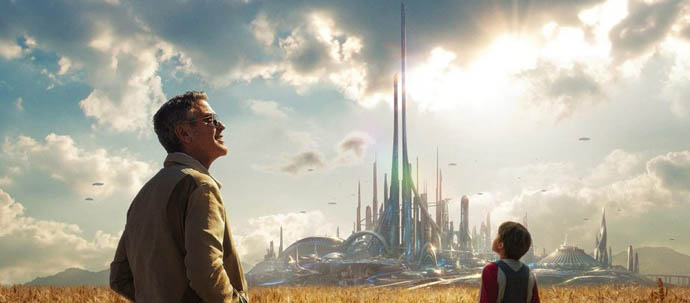
(B) Does it Work in the Context of This Film?
That’s a good question. Inquisitr says maybe not. They note that Tweets from reviewers, in addition to fresh reviews, have been notably absent after the Los Angeles premiere. They also note that reviews were embargoed until the day before the film hits the theaters. That’s typically only done when the studio expects the films to get negative reviews from legitimate critics, and they want to minimize the damage.
As Slashfilm notes, early buzz is not good.
The social media embargo for Duvernay’s Disney film has lifted, and reactions are mixed at best and pessimistic at worst. Formal reviews don’t drop until March 7 — two days before the film’s release — but a few people who attended the premiere shared their opinions on the science-fiction movie.
We looked for more reactions to A Wrinkle in Time outside of industry insiders, but critics seemed to have remained largely silent about the film — highly unusual for a buzzy Disney release.
I think it would be reasonable to conclude that the hype about the movie’s racial significance and social importance may be keeping those who did not enjoy the film quiet for now, which becomes conspicuous in itself. I seriously doubt that it’s going to help boost the box office when the moment comes.
I think it’s also worth examining the assumption that the novel A Wrinkle in Time can translate effectively onto the screen, and that its position as a mainstay for middle school readers since the 1960s means that there is a pent-up demand to see it in movie form.
I personally doubt that the answer to either question is a solid “Yes” in 2018, and I am 100% certain that as source material, A Wrinkle in Time is no Black Panther.
(C) When Does Enough Become Too Much?
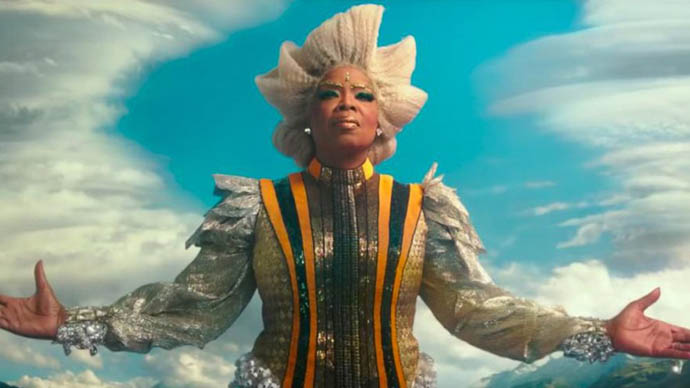
The problem here is that it’s probably a different answer for different people. Whatever one wishes to say about the hype around Black Panther‘s cultural significance, the one thing that’s obvious is that there was no negative impact on box office. And there was a lot of hype. The answer, in that case, is that enough never became too much. Not in the sense that it turned off people from actually going and seeing the film.
Black Panther did double the $100 million it had been projected to do on opening weekend. I think it’s fair to say that the general lesson learned from that was that the hype made up much of that difference. That is, all the press and commentary regarding the movie’s cultural significance and importance to African-Americans as a big-budget African-American-directed movie, with an almost entirely African-American cast, made a few hundred million dollars appear out of thin air.
It would be reasonable to want to do that again, with the next credible movie coming out where that argument might apply.
And a non-trivial amount of energy is being expended on making that argument for A Wrinkle in Time.
Hollywood Reporter makes the case thusly in “Why ‘A Wrinkle in Time‘ Is the Movie Girls of Color Need”:
Black Panther‘s record-breaking box-office run continues to prove there’s a ravenous appetite for diversity and representation in media. And it is just the beginning.
Moviegoers are just weeks from director Ava DuVernay’s A Wrinkle in Time, which features diverse talent in front of and behind the camera.
The effort to conflate Black Panther with A Wrinkle in Time and translate some of the former’s huge box office success over to the latter seems fairly obvious to me. Will it work if A Wrinkle in Time as an entertainment product turns out not to be as broadly appealing as Black Panther? Probably not.
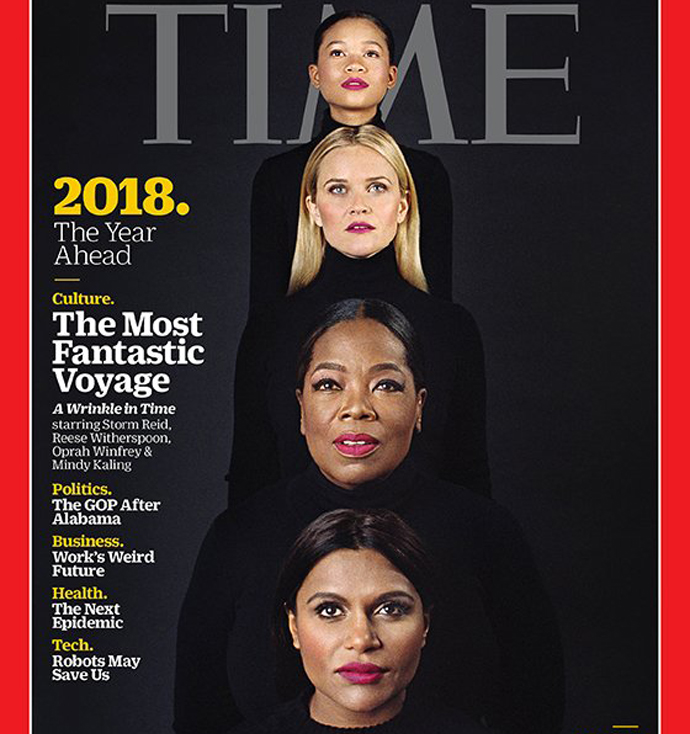
In a recent issue of Time, they characterize A Wrinkle in Time as “Hollywood’s Once and Future Classic” in an article entitled “Why the ‘A Wrinkle in Time‘ Movie Will Change Hollywood”. And the hype is strong:
“I felt like we were making the new Wizard of Oz for another generation.” — Oprah Winfrey
…
As a child, Hand assumed that the power to adapt Wrinkle rested with a single man. But it took a collective of women to finally do it.
And so forth. “Women directors, we’re not getting people just saying, ‘Hey, let’s talk about this $100 million sci-fi epic,’” said a woman director who had someone come to her and say hey, let’s talk about this $100 million sci-fi epic.
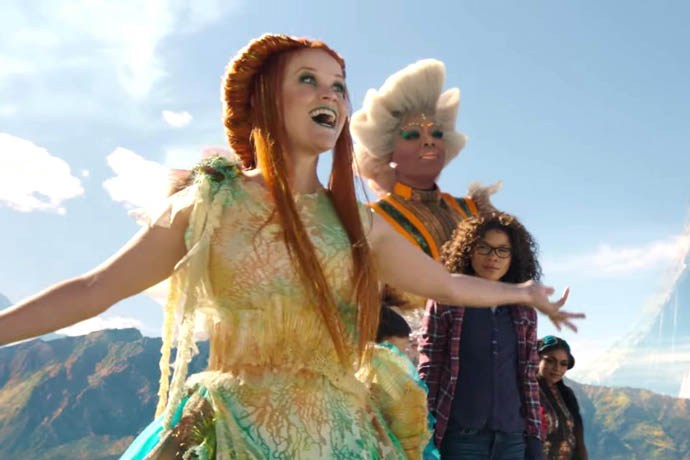
A Wrinkle in Time: It’s All About Being Inclusive
The buzzword here is “inclusive”. Quoth Time:
When it came to envisioning Wrinkle’s worlds, the first thing DuVernay saw was not topography but faces. She wanted Meg to have brown skin, and the three Mrs. to be “black, white and someone who wasn’t either,” as well as different sizes, faiths and ages.
Which is great. She’s directing the film, she should get to pick whomever she wants, for whatever reason. I’m just not sure the emphasis being put on these kinds of decisions in the marketing and press for the movie is going to help the box office.
Feel free to read the rest of the Time article. It’s about the long journey of the film from book to screen, but the primary emphasis, as with so much of the press around A Wrinkle in Time, is that it’s inclusive, that it’s socially and culturally significant, and that it represents minorities in a big-budget tentpole picture. Which, again, is fine.
But I still believe marketing around a movie will generally be served best by telling people, first and foremost, how good the movie is, and why they should be interested in seeing it as a movie.
The diversity of the cast and crew, while all well and good, doesn’t actually tell us anything about the entertainment value of the product.
Elsewhere, Moneyish tells us we should be excited about A Wrinkle in Time because of social media buzz and the fact Oprah Winfrey is 64, and Hollywood typically shuns older women. Also because there are multiple races in the movie, and not just white people.
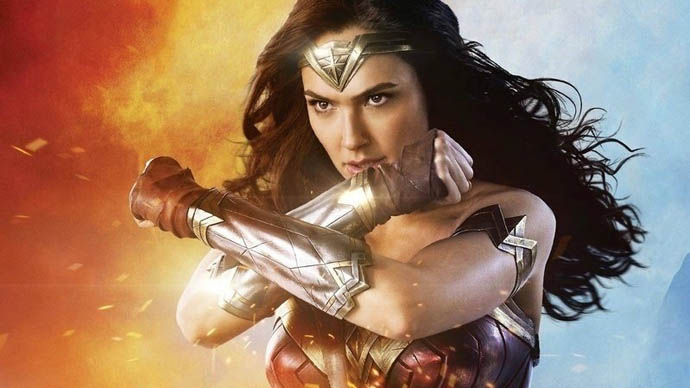
Meanwhile, Nerdist loves A Wrinkle in Time so much they should marry it.
Last year, Wonder Woman became the biggest live-action blockbuster directed by a woman … This past weekend, Black Panther soared past box office predictions WITH NUMEROUS RECORDS OF ITS OWN …the takeaway is clear: representation in pop culture is so, so important.
Did I say the word of the day is “inclusive”? Well, just try Googling “A Wrinkle in Time Inclusive” and you’ll see what I mean. BleedingCool has their take on the inclusivity with “Ava DuVernay Talks Bringing A More Inclusive A Wrinkle in Time To Life”.
“I’m excited to share a sci-fi vision through the lens of a black woman because so often we’re watching sci-fi films through one specific lens – a predominantly white male lens for decades and decades,” said DuVernay.
Inclusive. Meanwhile, The Old Gray Lady has “Ava DuVernay’s Fiercely Feminine Vision for ‘A Wrinkle in Time‘”:
The inclusive casting of Meg and the three guides got the attention, but Ms. DuVernay spent as much time obsessing over the role of Calvin … She chose him, in part, she said, “because that was so powerful, to show a white boy following a black girl through the movie.”
She goes on. You should read that article. Seriously, read it.
Ultimately, I think it’s very indicative to how it’s being marketed to the press and social media. The question again is: is it enough? And I don’t think it is.
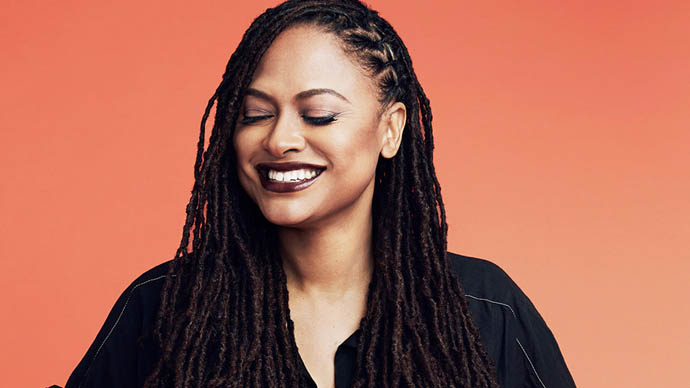
Diversity is a Positive
Because I have some experience with how people with axes to grind like to read into things, and often read things that aren’t written or hear things that aren’t said, I want to make it clear: I love diversity. I think Hollywood is an industry for which a greater diversity of actors and writers and directors has been a long time coming. I would like to see more diversity of ideas than we get, but one of the things that might one day get us there is more diversity of ethnicity, culture, and gender represented both behind and in front of the camera.
There are more Ryan Cooglers, Taika Waititis, Patty Jenkins and Kathryn Bigelows out there. Not to mention more Jordan Peeles, John Singletons and Gina Prince-Bythewoods. The diversity in front of and behind the camera has been expanding for years, and will continue to improve.
There are creative people everywhere, and some of them can make the studios a lot of money. Others have smaller tales to tell, and can make the studios a little money. There’s no reason to leave any of that money on the table. There’s no reason anybody with a reasonably engaging and entertaining story to tell should not have an opportunity to tell that story.
But Is Diversity and Inclusiveness Really a Marketing Strategy?
While I would argue Disney’s direct marketing of Black Panther focused almost entirely on the quality of their entertainment product, a great deal of the hype and social media around it focused on race, diversity, and inclusivity. As of this writing, its worldwide box office is sitting at $899,941,921 and will finish somewhere over a billion.
The “grassroots” marketing of the movie’s diversity and inclusivity clearly didn’t hurt, and almost certainly helped by attracting people who normally don’t see Marvel movies or comic book movies in general. There’s definitely something to be said for being A Major Cultural Event.
But it is very difficult to create A Major Cultural Event via direct or stealth marketing every time out of the gate, and there’s a fairly good argument to be made that Disney/Marvel did not intentionally try to do so with Black Panther. I think it would be very difficult to make what happened around Black Panther actually happen on purpose, especially for a non-franchise property without an already established track record. That film would have to be very special indeed, and it doesn’t look like A Wrinkle in Time is.
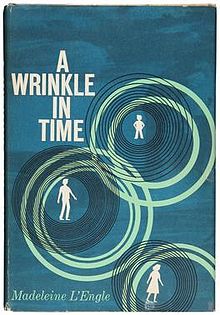
Ultimately, movies need to entertain. The marketing needs to make them appear interesting and entertaining as a movie. They need to promise something both new and familiar. They must appear worth the time and money the moviegoer is being asked to invest. I may be wrong, but I don’t get the sense that A Wrinkle in Time is that movie. I also don’t believe that any amount of diversity and inclusivity marketing that lectures people on how This Is The Movie We Need Right Now will change that.
Put another way: if A Wrinkle in Time performs, it won’t be because it was marketed as being diverse and inclusive and Culturally Significant, it will perform because it’s a good movie.
So What Does The Future Hold?
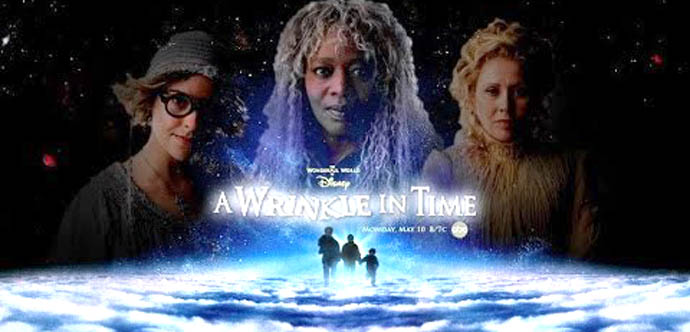
Variety thinks A Wrinkle in Time will dislodge Black Panther from the top spot during the latter’s 4th weekend. They also don’t see it opening anything like Black Panther:
Initial tracking released this week for the opening weekend gross for “A Wrinkle in Time” shows a range of $34 million-$37 million — hardly a blockbuster number at the moment, though those figures can shift significantly by the time the film opens.
$37 million is notably less than the $52 million BoxOffice.com was forecasting in January. While this does not bode well for the final box office take, it may explain why there’s been a fair amount of energy being expended in attempting to emulate what might be seen as the Black Panther model of indirect or “grass roots” diversity marketing.
As with all things, time will tell.
Arcanaut out.
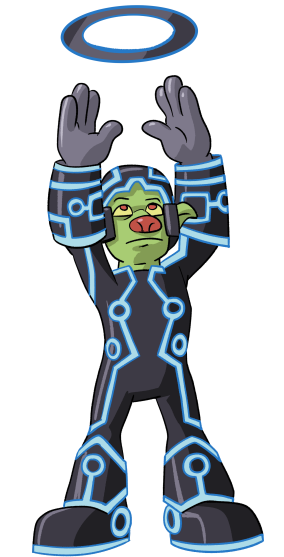
End of line.

